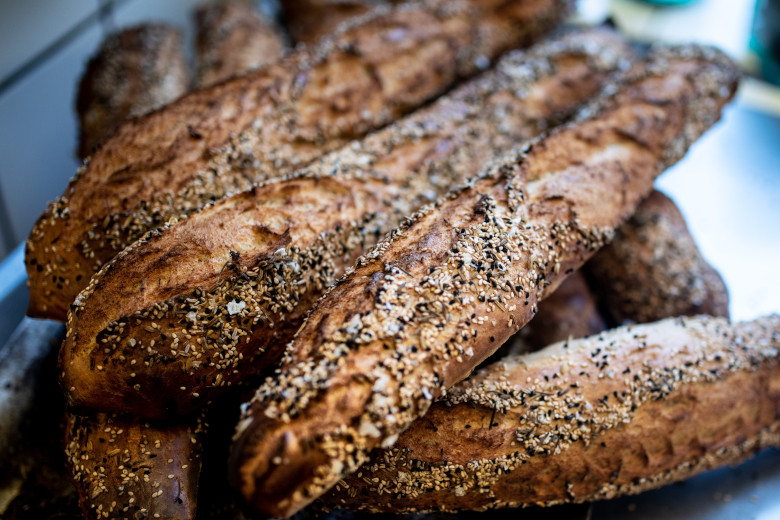
Scotland’s bakery association, Scottish Bakers, tells the country’s politicians that the industry is “facing an existential threat” and asks the UK government for urgent action to support, and provide relief to the trade.
Chief Executive Officer Alasdair Smith said: “The early signs of rising input costs began to become evident over a year ago, but nothing prepared our members for the widespread, and dramatic, increases they all face today. My board and members advise me that we are now at a point where many could be facing an existential threat to their survival because of these additional costs.”
Wider issues with the supply of everything from basic commodities to packaging materials add to the challenges Scottish bakers members face. “Urgent action is essential if we are to maintain the current capacity of Scotland’s baking industry,” the association stresses.
The average increases across all major input costs are:
- Electricity – 214%
- Gas – 207%
- General Insurance – 83%
- Ingredients – 41%
- Motor fuel – 44%
Smith referred to the latest intelligence on energy pricing for businesses seeking new supply contracts, which paint an even starker picture than these figures suggest: “I have spoken with several members in the last week facing an imminent quadrupling of their electricity costs.”
A ”severe” lack of staff is also adding to the problems – more than 90% of the association’s members have vacancies they cannot fill, increasing pressure on production and the workforce that remains.
“The current economic crisis, the biggest this country has seen in nearly 50 years, is placing unprecedented strain on the Scottish baking industry, and many of our members report an existential threat to their survival due to soaring input costs and widespread recruitment challenges,” he added.
Scottish Bakers suggests several relief measures:
- Energy price cap for commercial energy customers
- Enabling existing users of diesel-fuelled bakery ovens to once more take advantage of “red” diesel fuel
- Change immigration policy to allow employment of EU bakery workers to address the workforce gap
- Reintroduce reduction in VAT payable by businesses providing hot and cold food and drink for consumption either on or off the premises.
- Introduce rates relief for manufacturing business sites
- Generous grants to install on-site “green” generation capacity – eg for solar panels
- Delay introducing costly regulation: eg – DRS, Mandatory Calorie Labelling, Restriction of promotions
“I urge the UK Government at Westminster to find a way forward to ensure our member’s ovens stay firmly switched on,” Smith concludes.
Related stories:
France: ANIA and FEB call for energy safety measures
Photo: Rene Asmussen (Pexels)


